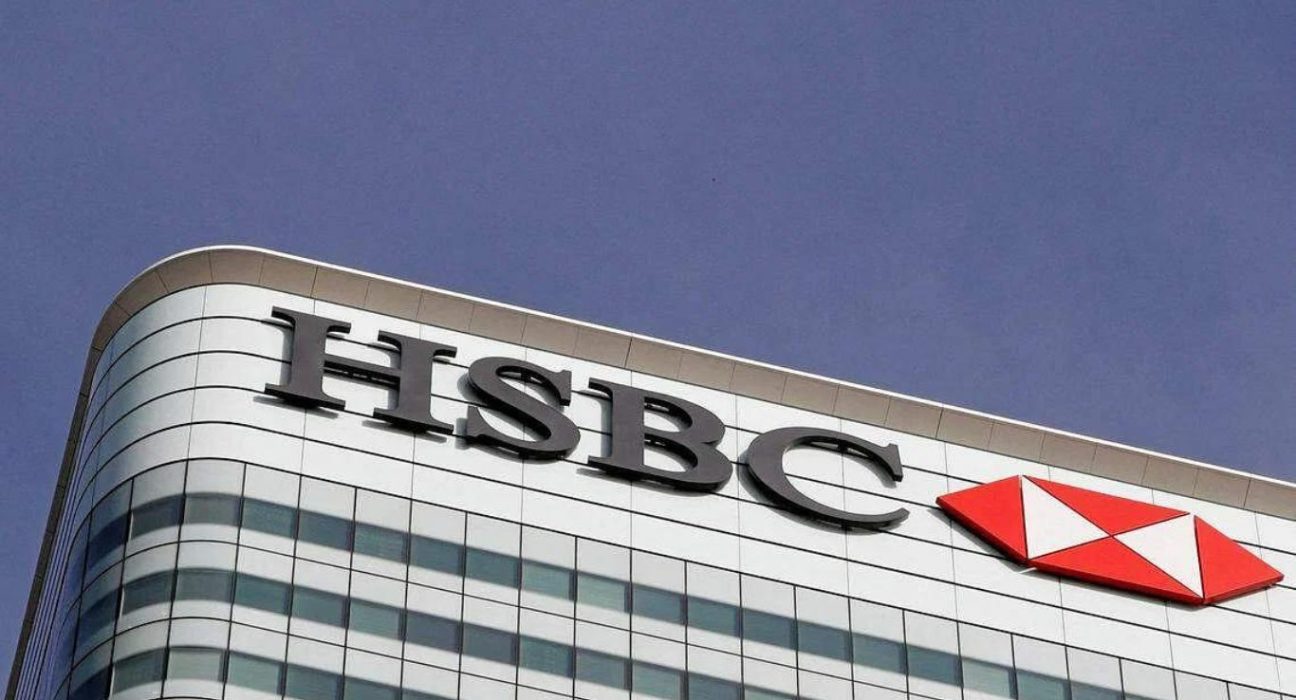HSBC Holdings’ profits tripled in the first quarter of 2023, exceeding expectations, due to the rise in interest rates, which boosted its income and allowed the lender to pay its first quarterly dividend since 2019. The bank’s strong results were reported on Tuesday, along with those of Asian rival DBS. Both banks demonstrated how aggressive policy tightening has raised profit margins, despite the resulting banking sector turmoil in the United States and other markets.
HSBC’s Q1 performance exceeded expectations, as the bank reported a pre-tax profit of $7.1 billion, which is significantly higher than the $2.4 billion reported in the same period last year. HSBC’s revenue also increased by 11% to $17.8 billion, largely due to its business in Asia, where revenue rose by 16%.
Rising Interest Rates Boosting Profits
HSBC’s strong Q1 performance can be attributed to rising interest rates, which have boosted its income. Banks make money by lending money to borrowers at a higher interest rate than they borrow it themselves, and as interest rates rise, banks’ profit margins increase. The Federal Reserve has raised interest rates four times since the start of 2022, and this has been mirrored in other parts of the world.
HSBC’s business in Asia, where it generates a significant portion of its revenue, has also benefited from rising interest rates. The Chinese government has raised interest rates to curb inflation, and this has boosted HSBC’s income from lending to Chinese businesses and individuals.
First Quarterly Dividend since 2019
HSBC’s Q1 performance also allowed the bank to pay its first quarterly dividend since 2019. The bank had suspended its dividend payments due to the COVID-19 pandemic, but its strong Q1 performance has enabled it to resume payments to shareholders.
The bank paid a dividend of $0.15 per share, which is in line with analysts’ expectations. HSBC’s dividend payment is a positive sign for investors, as it indicates that the bank is confident in its financial position and expects to continue to generate strong profits in the future.
Regulatory Seizure of First Republic Bank
While HSBC and DBS reported strong Q1 results, the banking sector in the United States was rocked by the regulatory seizure of First Republic Bank. Regulators seized the bank and sold its assets to JPMorgan Chase & Co in a deal to resolve the largest U.S. bank failure since the 2008 financial crisis.
The seizure of First Republic Bank has highlighted the risks associated with aggressive policy tightening, which has led to banking sector turmoil in the United States and other markets. However, HSBC’s strong Q1 performance demonstrates that rising interest rates can also be a positive for banks, provided they are managed correctly.
Conclusion
HSBC’s strong Q1 results demonstrate that rising interest rates can be a boon for banks, particularly those with a significant presence in Asia. The bank’s ability to pay its first quarterly dividend since 2019 is a positive sign for investors, as it indicates that the bank expects to continue to generate strong profits in the future.
However, the regulatory seizure of First Republic Bank in the United States highlights the risks associated with aggressive policy tightening.










